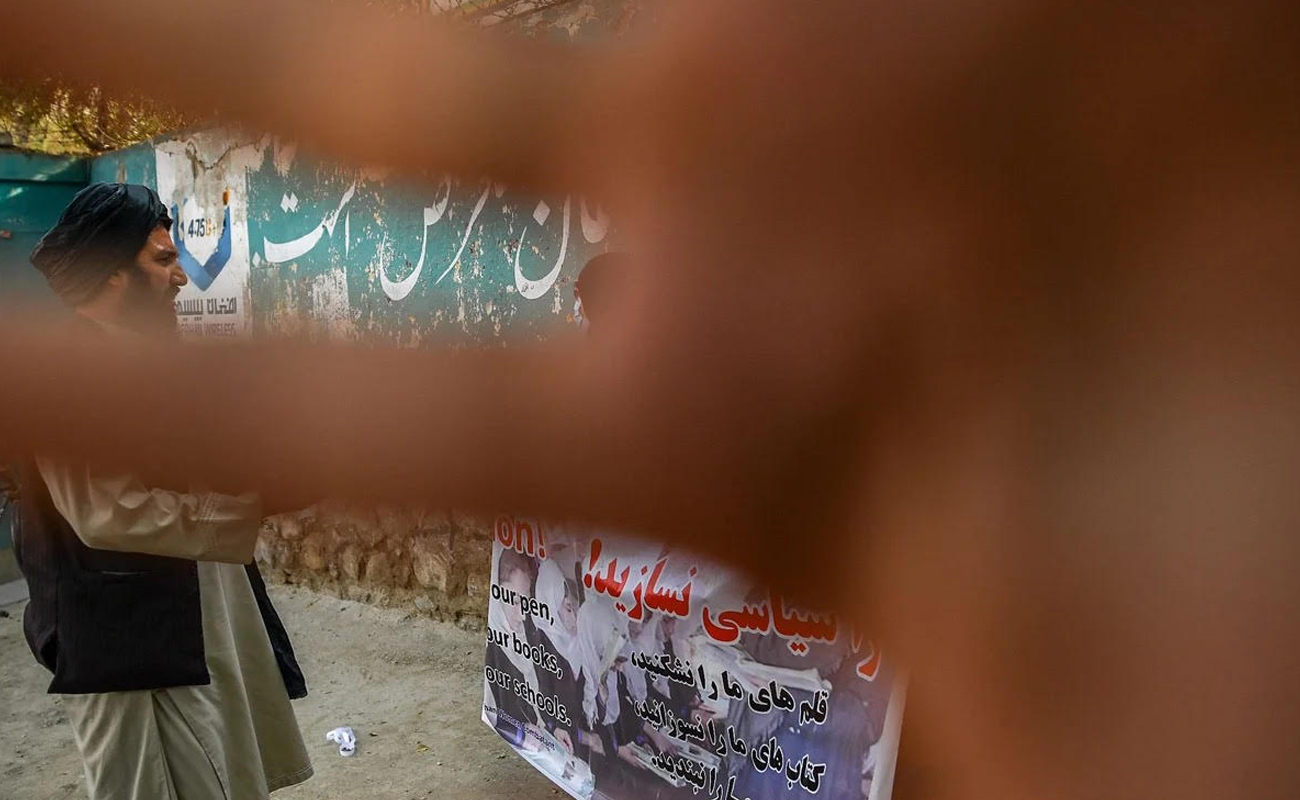The Myth of Pragmatism in the Taliban; Reality or Deception?
By Abdul Naser Noorzad
Public perception often divides the Taliban into two camps: the hardline, ideological faction based in Kandahar under Hibatullah, and the so-called pragmatic, operational network led by the Haqqanis in Kabul. This narrative has shaped intelligence-driven expectations that the emergence of pragmatism within the Taliban might lead to fundamental changes in their behavior and policies. But is this really the case?
Regionally, the willingness of some countries to engage with the Kandahar circle, Russia’s recognition of the Taliban, China’s granting of an embassy, and Iran’s advisory cooperation with the group are all based on this assumption. The key question, however, is whether the Taliban are truly ready to replace their rigid ideological extremism with genuine pragmatism in response to today’s global realities.
In the author’s view, what is presented as pragmatism in the Taliban’s behavior is merely a temporary tactic for survival and deceiving the international community, not a strategic or fundamental change in the group’s nature. The Taliban use this performative pragmatism as a tool to buy time, gain concessions, and maintain power—not as a sign of ideological transformation.
The Haqqani network’s engagement with the West and neighboring countries has never questioned the Taliban’s core principles. The exclusion of women from society, the emirate-based government, and the suppression of civil liberties remain their red lines. The Taliban’s pragmatism is selective and superficial, serving only to create a deceptive positive image without any real change in their fundamental policies and behaviors.
In politics, economics, culture, and foreign relations, the Taliban skillfully use deception to project a different image. While these maneuvers have caused some countries to reconsider their interpretation of the Taliban’s actions, the reality is that there is no essential difference between the Haqqani network and the Kandahar group. Both are ethnocentric, terror-promoting, anti-civilization, and opposed to cultural and linguistic diversity.
The Haqqani network, without any real change in its nature, has become a monster of terror, intimidation, and extortion, operating as a shadow state and a vehicle for state-sponsored terrorism. While providing sanctuary to al-Qaeda leaders and supporting terrorist groups, they turn the fight against ISIS into a media spectacle. The Taliban’s ideological loyalty to transnational terrorism is a tool for bargaining and gaining leverage with regional and international actors.
The term “pragmatism” in the Taliban’s lexicon is not a reality but an intelligence ploy and a cover for false legitimacy. While seeking international recognition, the Taliban have never severed ties with terrorist groups, as these connections remain a source of power and leverage.
The Taliban’s tactical engagement with the world is an attempt to manage crises and ensure political survival. If circumstances threaten their hold on power, the Haqqani network, with its previously crafted “whitewashed” image, will step forward to prevent total collapse. However, this flexibility never means abandoning the Taliban’s hard ideological core.
Ultimately, there is no difference between the Haqqani network and the Kandahar group in their ethnocentric, terrorist, anti-civilization, and Persian-phobic views. Both use the term “pragmatism” merely to deceive public opinion and buy time. This double game will continue as long as the international community ignores the realities behind the Taliban’s terrorism and gender apartheid—a negligence that will have dire consequences for the region and the world.
The Haqqani group is neither reformist nor liberal; they only wear the mask of pragmatism to survive, support terrorism, and cover up their dark record. They know well that only extremism and loyalty to the Taliban’s essence can guarantee their survival.
Abdul Naser Noorzad was a lecturer at Kabul University. He has an MA in National Security Studies. He has written a couple of books about Afghanistan's security and political situation and has published dozens of articles in English, Persian, and Spanish. His research area includes security and politics.
Academicians and Officials interested to publish their academic pieces on this page, please approach us through: contact@aissonline.org.
The article does not reflect the official opinion of the AISS.

